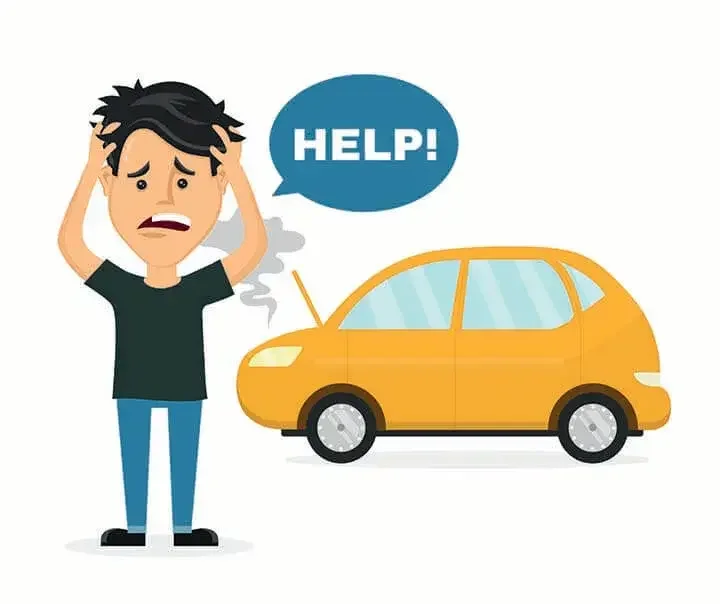If you think you have a lemon on your hands, the federal lemon law can help you get a replacement or your money back.
The scenario: You've been planning and saving for that beautiful new SUV. You need it for work, but you also need it to cart around your kids for baseball practice and all those games. You need something reliable, and this one is it. Except it isn't.
In the year since you bought it, your SUV's been in the garage for the same engine problem seven times. It definitely looks like you have a lemon on your hands.
The best thing you can do if you find yourself in this situation is to understand your rights under the federal and state lemon laws. Here's what you need to know.
What is the lemon law?
The Magnuson Moss Warranty-Federal Trade Commission Improvements Act, commonly known as the federal Lemon Law, applies to all purchased or leased consumer products accompanied by a warranty or service contract. It doesn't matter how the product is being used—personal or business—as long as the product was initially intended by its manufacturer to be used primarily for personal or household use. It doesn't matter if the product was new or used. It also doesn't matter if your transaction was with a private seller, as long as the manufacturer's warranty transferred to you.
State lemon laws vary from state to state. Still, they typically protect people who purchase or lease cars, trucks, SUVs, and in some cases, motorcycles, motorhomes, boats, and other motor vehicles.
How does the lemon law work?
Depending upon the state, a vehicle would either have to be out of service for a set number of days or in for repair for the same problem a reasonable number of times within a specific time frame.
"In Florida, for example, the 'reasonable number of times' is three, at which time the manufacturer has a final 10-day period to fix the vehicle before it's deemed a lemon. The cumulative number of out-of-service days is 15. At that time, the manufacturer has one final chance to fix the vehicle.
The vehicle can also be deemed a lemon if the total cumulative days out-of-service exceeds 30.
Defects must be first reported to the manufacturer or its authorized service agent (usually, the dealer) during the 'Lemon Law Rights Period,' which is the first 24 months after the date of delivery of the vehicle to the consumer," according to Peter Meltzer, attorney and partner with Miami-based Pathman Lewis, LLP.
Once your vehicle is deemed a lemon, you have the right to either have your vehicle replaced or receive compensation from the manufacturer. The amount you receive varies depending on the mileage on the vehicle.
Does the lemon law apply to homes?
According to Susan Severson, owner of Susan Severson Group at Navy to Navy Homes, "That does not exist in real estate. Not post-purchase." All due diligence must be done by the buyer during the time frames outlined in the contract. Within that time, the home may be inspected, and the buyer has an opportunity to request repair. "Once the home is closed, there is no remedy to a home buyer if an issue arises outside of obtaining an attorney and taking it to a court of law."
There are safeguards for home buyers:
- State laws typically require sellers to disclose (not necessarily repair) material defects
- New homes usually fall under builders' warranties
- Home warranties are available for resale houses
Lemon Laws were put in place to protect you. If you think you have a lemon on your hands, check out your state law before you do anything else.


